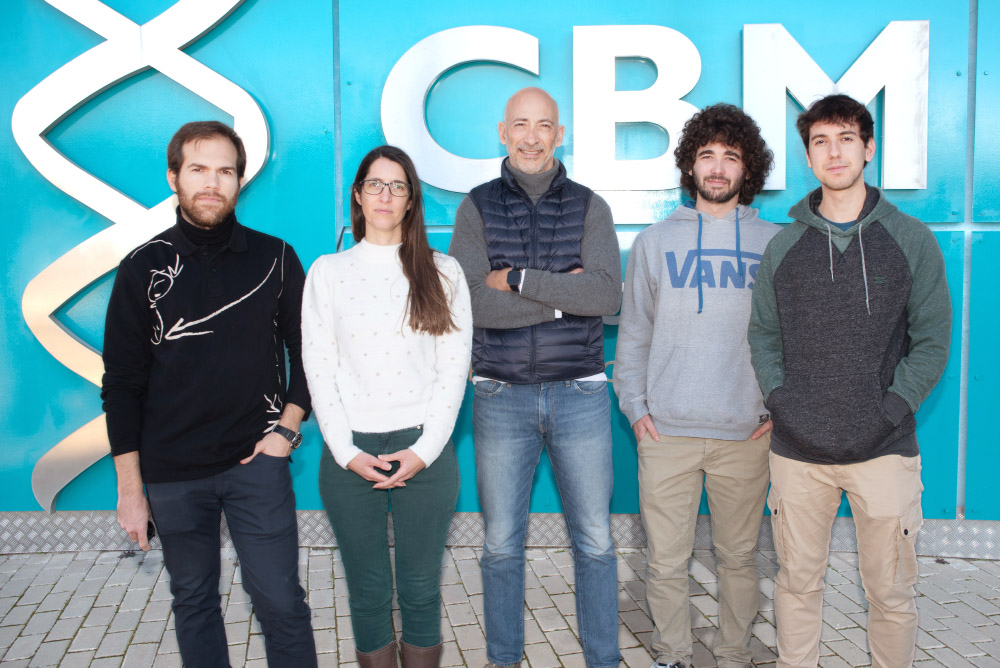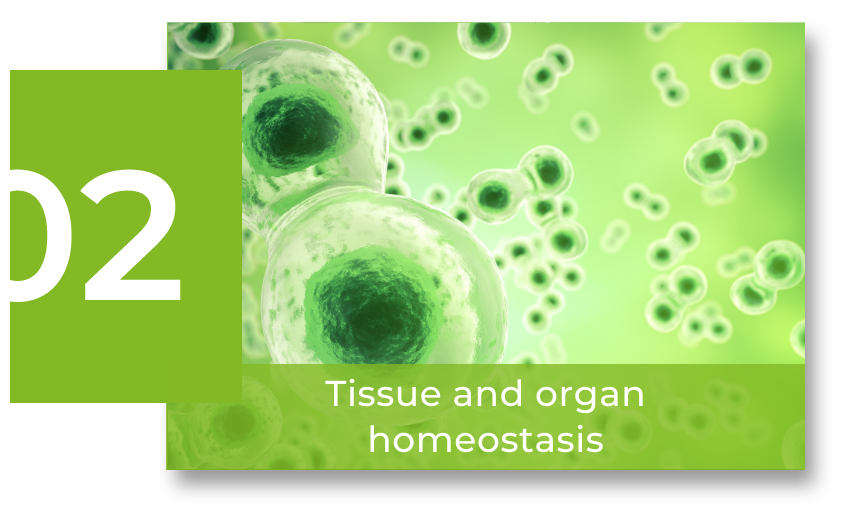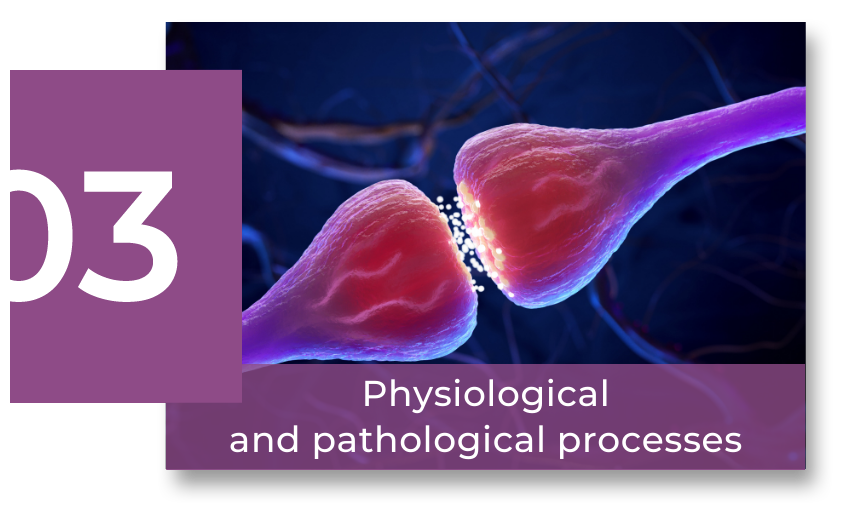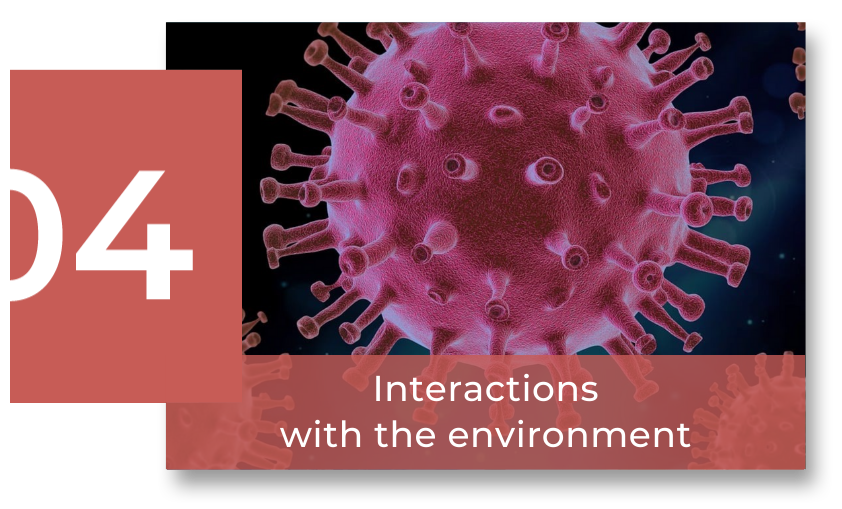Scientific Program
Tissue and organ homeostasis
RESEARCH GROUP
Group of intestinal morphogenesis and homeostasis

Fernando Martin-Belmonte
The intestinal tract plays a fundamental role in development, regeneration, immunity, and nutrition. Many critical aspects of intestinal development and function remain unexplored despite their relevance. In our lab, we use a multidisciplinary approach to investigate the contribution of neonatal enterocytes in the metabolic crosstalk with microbiota and immune cells to reach homeostasis.
Research
Our research group is deeply committed to advancing the understanding of intestinal morphogenesis and cellular polarity, especially during crucial processes such as development, homeostasis, and regeneration. Our work has significant implications for combatting diseases like inflammatory bowel disease (IBD) and various forms of cancer.
Leveraging a blend of foundational organotypic cell models and physiologically pertinent models using zebrafish and mouse epithelial tissues, we delve into complex biological processes. A novel research trajectory in our lab involves mouse embryonic stem cells (mES) to dissect epithelial formation and the intricacies of asymmetric cell division in intestinal development.
The intestinal tract’s role is pivotal across several domains: development, regeneration, immunity, and nutrition. Yet, the intricate details of its development and functionality are largely uncharted territories. Our research is at the forefront of exploring these domains, including how neonatal enterocytes engage in metabolic dialogue with microbiota and immune cells to establish homeostasis.
We employ a comprehensive multidisciplinary approach to unravel the molecular mechanisms driving the formation, patterning, and metabolism that underpin intestinal morphogenesis and homeostasis. Our ultimate goal is to gain a holistic understanding of these molecular processes, providing groundbreaking insights and identifying new pharmaceutical targets for treating human diseases.
Our primary aims include:
• Deciphering cyclin B1’s role in mitotic spindle orientation during cell division and its impact on carcinoma progression in intestinal tissues.
• Investigating the function of neonatal lysosome-rich enterocytes (NEs) in the initial stages of development and metabolism.
• Unpacking the metabolic interplay between microbiota, epithelial cells, and immune cells in maintaining intestinal equilibrium.
• Analyzing the epithelialization processes of stem cells and their implications for embryonic and intestinal lumen formation in both health and disease contexts.
By integrating gut-on-a-chip models with in vivo systems, we aim to revolutionize the understanding of gut morphogenesis and its links to pathologies, including cancer.
Our research is set to transition from bench to bedside through collaborations with the Ramón y Cajal Hospital Institute for Health Research (IRYCIS-Madrid), where we will examine the expression of these proteins in human epithelial tumors to inform potential clinical studies on tumor progression.
Group members

Fernando Martín Belmonte
Lab.: 120 Ext.: 4615
fmartin(at)cbm.csic.es

Tamara González Martínez
Lab.: 120 Ext.: 4721
tgonzalez(at)cbm.csic.es

Gabriel Baonza Martínez
Lab.: 120 Ext.: 4615
gbaonza(at)cbm.csic.es

Tatiana Alfonso Pérez
Lab.: 120 Ext.: 4721
talfonso(at)cbm.csic.es

Diego Alonso Larre
Lab.: 120 Ext.: 4721
diego.alonso(at)cbm.csic.es

Carlos Quintana Quintana
Lab.: 120 Ext.: 4721
cquintana(at)cbm.csic.es

Laura Akintche
Lab.: 120 Ext.: 4721

Alberto Sánchez de la Cruz
Lab.: 120 Ext.: 4721
alberto.sanchez(at)cbm.csic.es

Esther Moreno Salavert
Lab.: 120 Ext.: 4721
esther.moreno(at)cbm.csic.es
Selected publications
Title
Authors
Smoothelin-like 2 inhibits Coronin-1B to stabilize the apical actin cortex during epithelial morphogenesis
Hachimi M et al.
Sfrp3 modulates stromal–epithelial crosstalk during mammary gland development by regulating Wnt levels
Ilenia Bernascone et al
Developmental regulation of apical endocytosis controls epithelial patterning in vertebrate tubular organs
Rodríguez-Fraticelli AE et al





